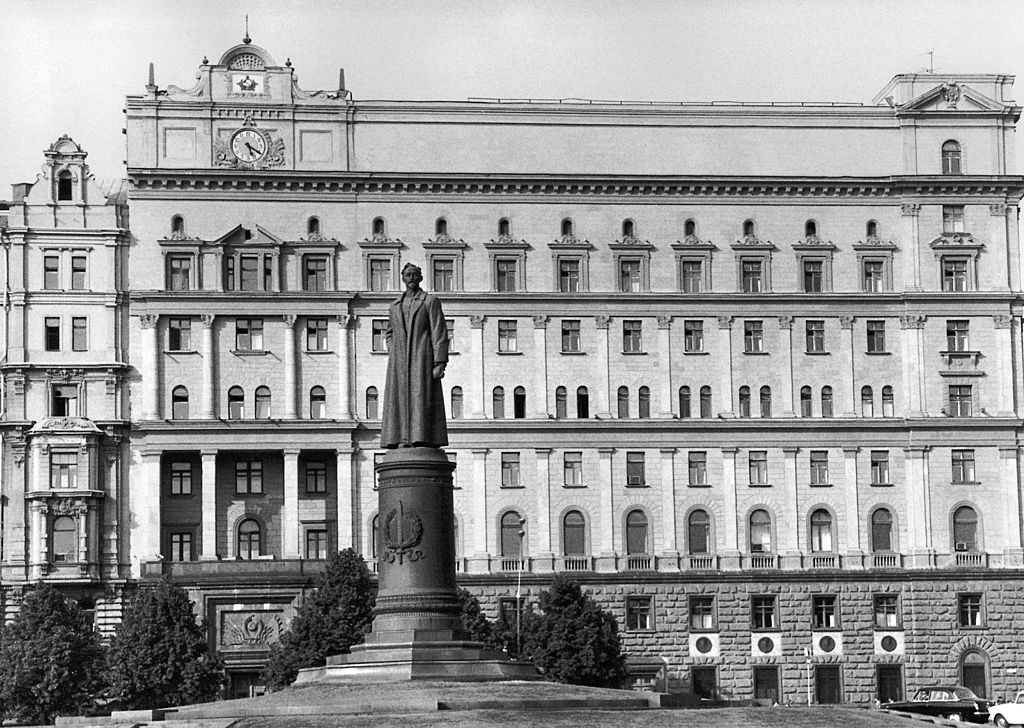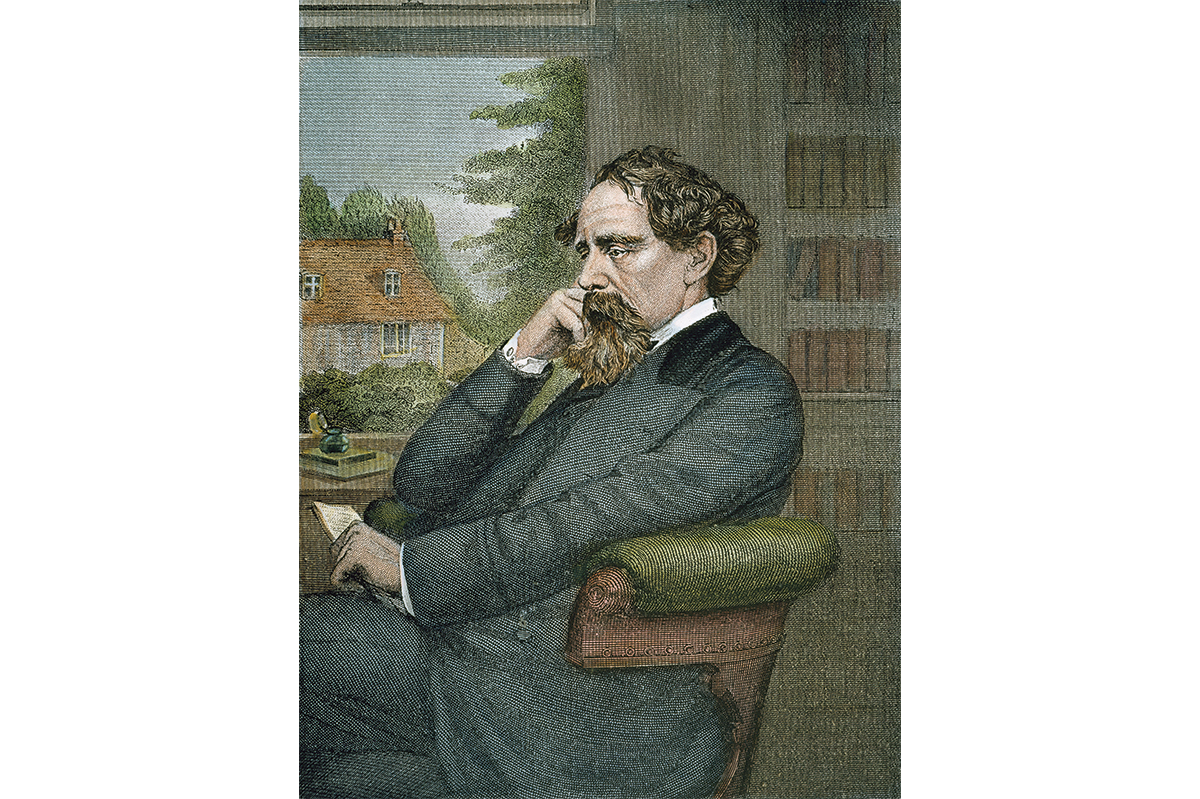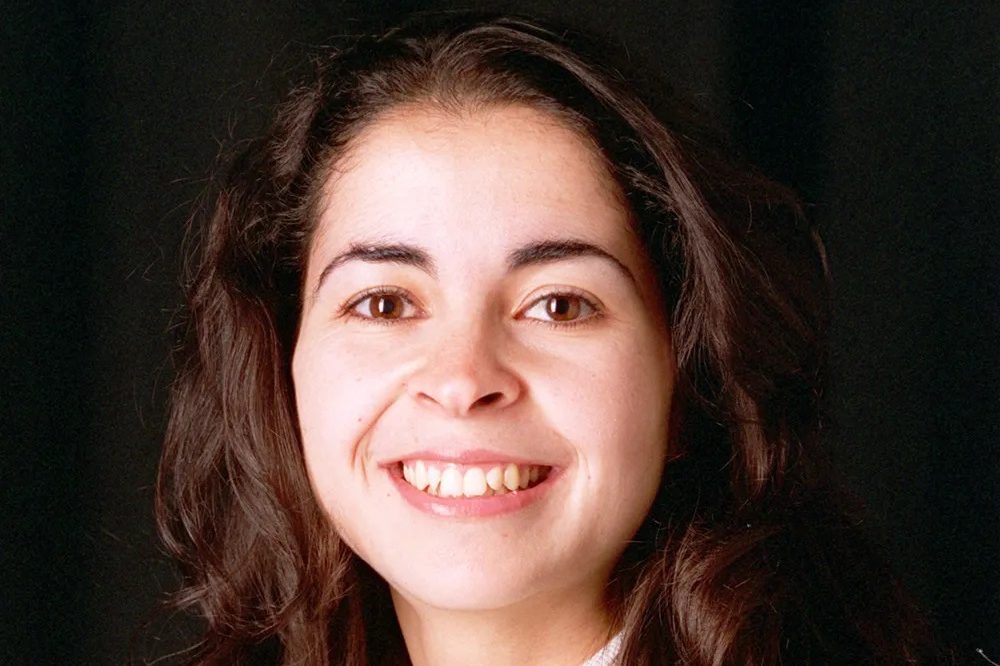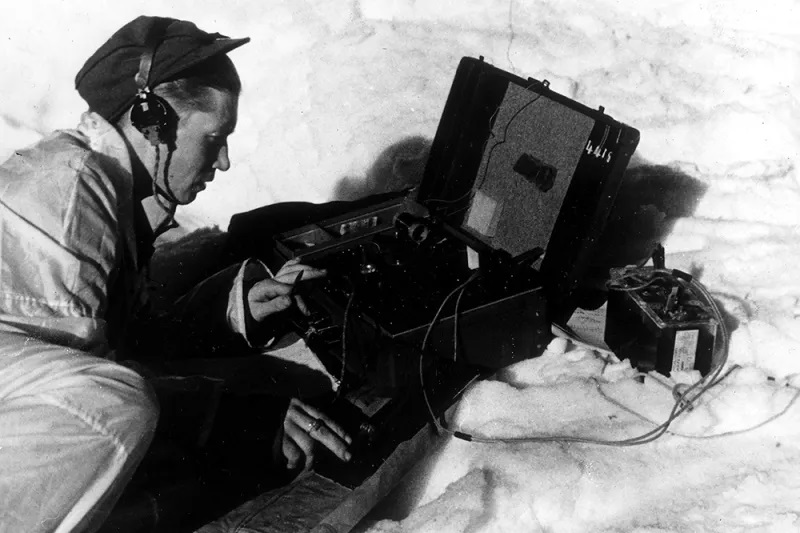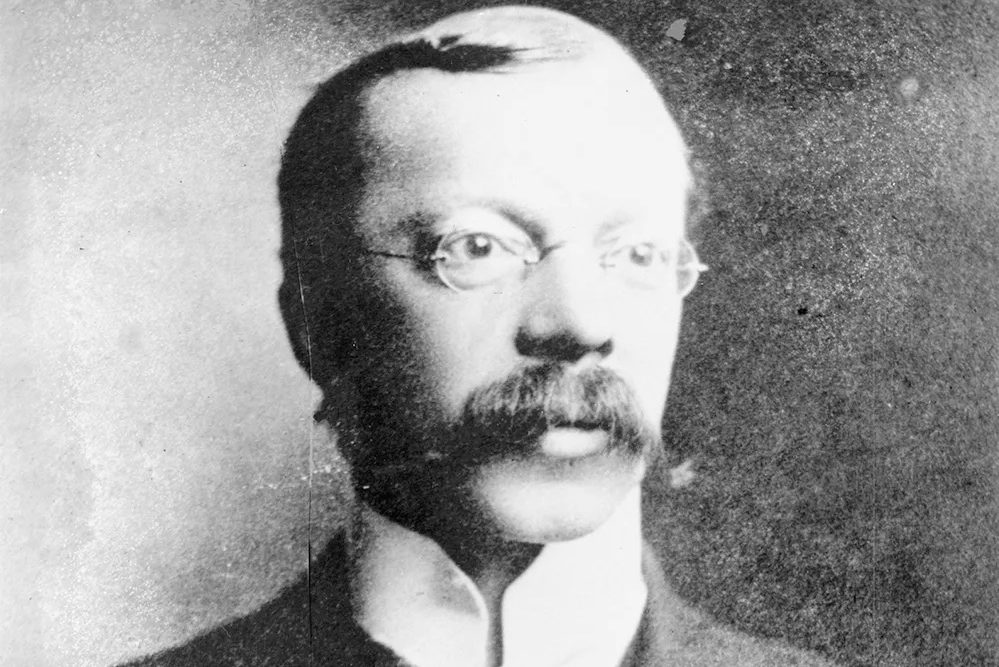Most readers, myself included, are sick of “fan fiction,” depending as it does on hijacking classic literature for its own feebler energies, but Vesna Goldsworthy’s Iron Curtain is a shining exception. Having successfully recast The Great Gatsby as the exploits of a Russian oligarch in twenty-first century London (Gorsky), and imagined the afterlife of Anna Karenina’s son in postwar Britain (Monsieur Ka), her latest novel has as its model something far more sinister.
Its narrator, Milena Urbanska, is the daughter of “the second most powerful man” in an unnamed Soviet satellite country, and a creature of privilege, “the only fully convertible global currency,” as she remarks. While her compatriots endure repression and deprivation, her daddy’s status means she lives in a luxurious villa with a driver, cleaner and cook, and enjoys Ray-Bans, Yves Saint Laurent jackets, Coca-Cola and top-notch medical care.
Her social and intellectual freedoms are circumscribed by monitors and spies, but she has access to hard currency and can even cross into the West without difficulty. When her first boyfriend (the owner of “the only LP of Evita this side of the Iron Curtain”) dies during a drunken student game of Russian roulette, Milena gets a translation job at a carefully curated literary festival. This leads to her meeting Jason, a handsome, idealistic English poet with sneakers “the color of a urine sample.” A would-be Shelley, he is all that her current life in the Soviet bloc is not. They fall in love, and soon she has escaped to early 1980s London, living in a filthy, mug-strewn basement and experiencing the Bohemian life for the first time.
Herself a Serbian émigré from Belgrade married to an Englishman, Goldsworthy is acidly funny about the clash between the Soviet bloc and British customs. The details of early-Eighties Thatcherite Britain are brilliantly rendered. She encounters English cuisine and Brussels sprouts — “a Belgian delicacy of which I had never heard?”— and believes steak and kidney pudding to be “some heavy-duty British building material also used for culinary purposes.” Even more alien is Jason’s aristocratic family. Their shabby clothes, burnt food and freezing country house lead her to believe them close to beggardom. In fact, they spend their money on Champagne rather than heating, and are, like much of their class, more devoted to their dogs than their children.
Back in a basement in West London, the sex is great, and before long twin sons, “like two loaves of warm brioche,” are born. However, Milena has to confront the fact that “with each word I spoke, I declared my unbelonging.” Jason’s feckless entitlement and the presence of Soviet spies watching them bring a sense of foreboding, even before the realization dawns that this is a version of Medea.
Milena is willful, narcissistic and — to begin with — repellent in her own sense of entitlement. Yet part of the cleverness of Iron Curtain is how it wrongfoots expectations. There have been other contemporary versions of Euripides’ 2,500-year-old masterpiece, notably Mike Bartlett’s 2012 play and Rachel Cusk’s version in 2015. Both focused on the central character as a vehicle for exploring the mental and emotional torment of divorce, and the alienation between immigrant and native.
Goldsworthy, by contrast, makes her heroine stronger, wittier, more resourceful and more political. Like Medea of old, she stands up to her betrayer, and she becomes increasingly sympathetic as she talks back to Jason’s snotty family and falls in love with her sons. Her perception of the West, with its squalor and liberties, and the contrast to Soviet-style safety and conformity is searing: “the poorest workers in my homeland have warm homes to go to, even at minus twenty” currently has an especially grim ring of truth in Europe. Of course, every country is a paradise for the rich, but Milena’s father sees Jason’s scruffy, impractical clothing as confirmation of the inferiority of Western development and ideas. Soon, she, too, is questioning her choices. The pace of the story speeds up, even as her romance, funded by wads of cash from Daddy, begins to founder.
What, in short, is the price of freedom? This is the underlying question of Goldsworthy’s finest novel to date, and one that it has never been more important to ask. Iron Curtain is not just a suspenseful and stylish literary entertainment but extraordinarily timely, given Russia’s war with Ukraine. The Slavic peoples have been largely overlooked by the West as an oppressed minority, but as the personal and the political are brought into friction, this reads like fiction at its most prescient. By the time the Iron Curtain falls, bringing with it new possibilities for revenge between Jason and Milena, the reader will be left wondering how long it will be until a new one is erected.
This article was originally published in The Spectator’s February 2023 World edition.



